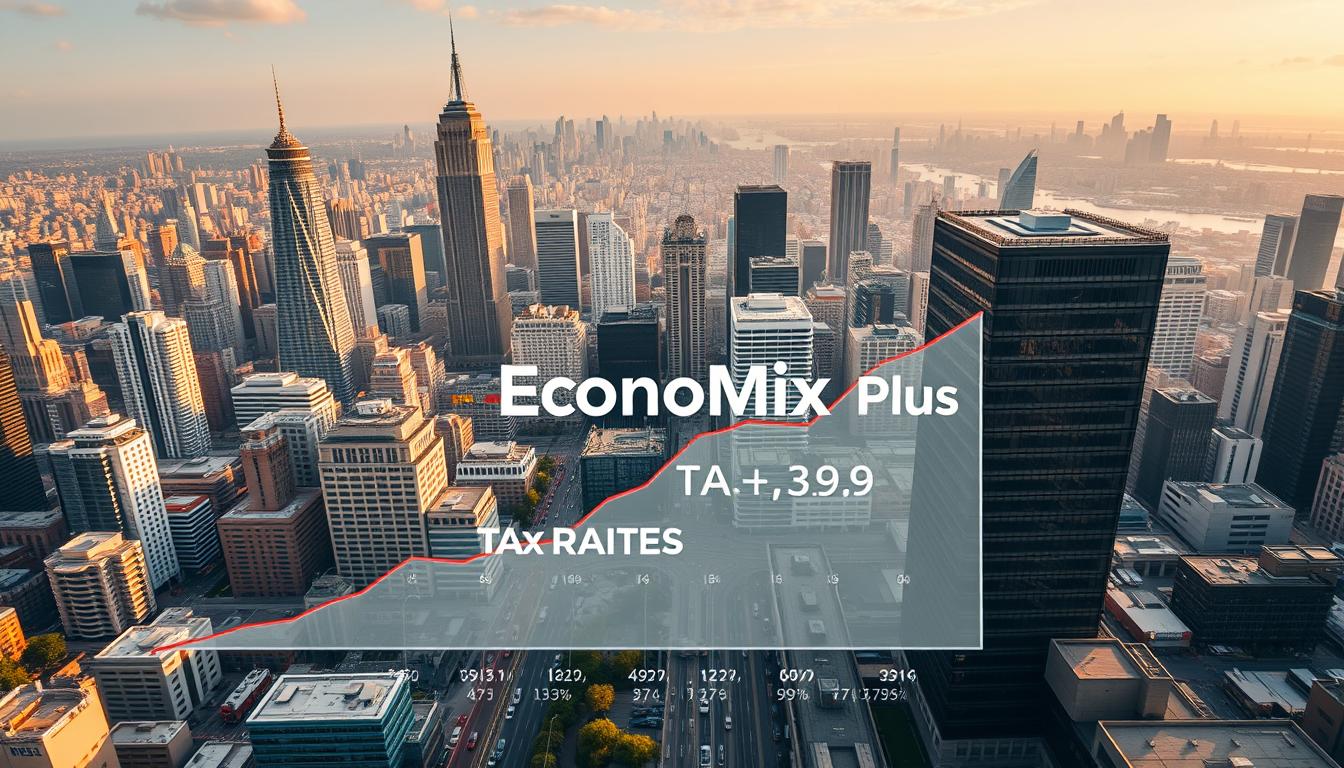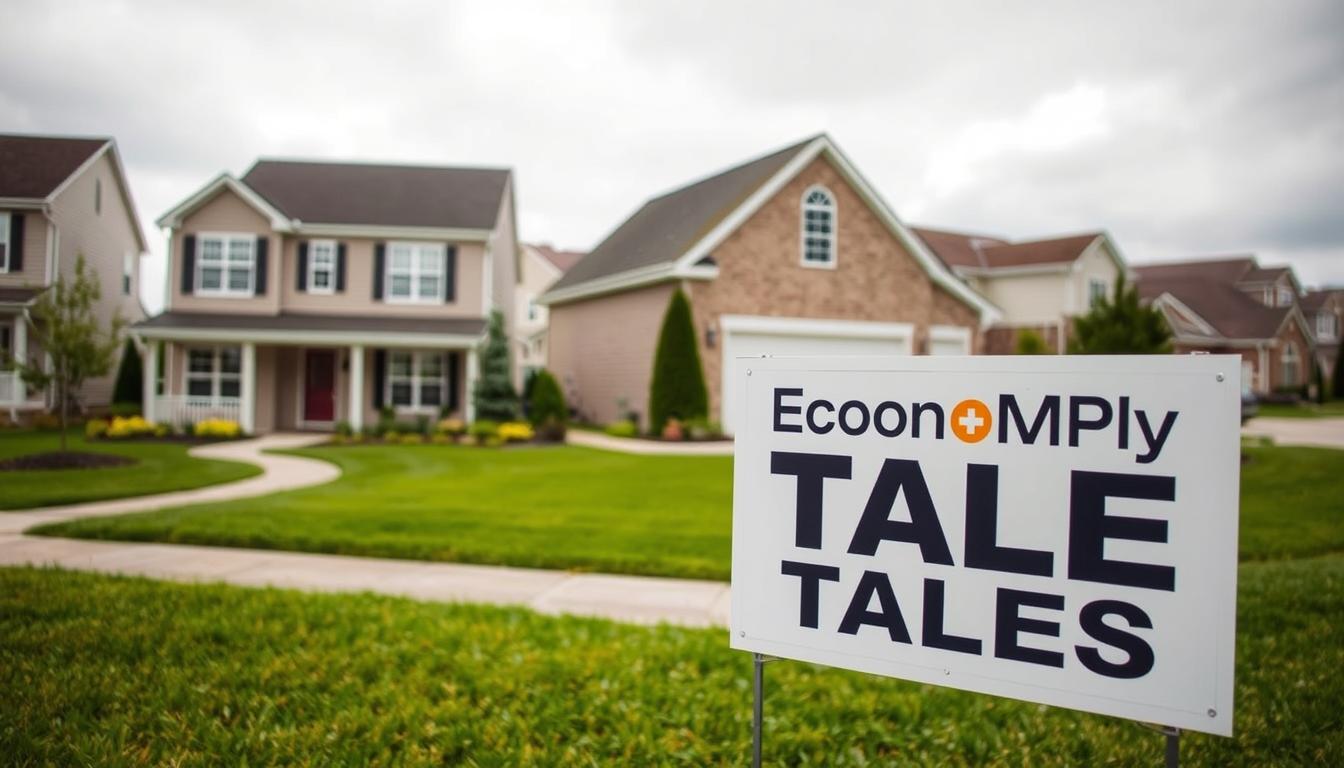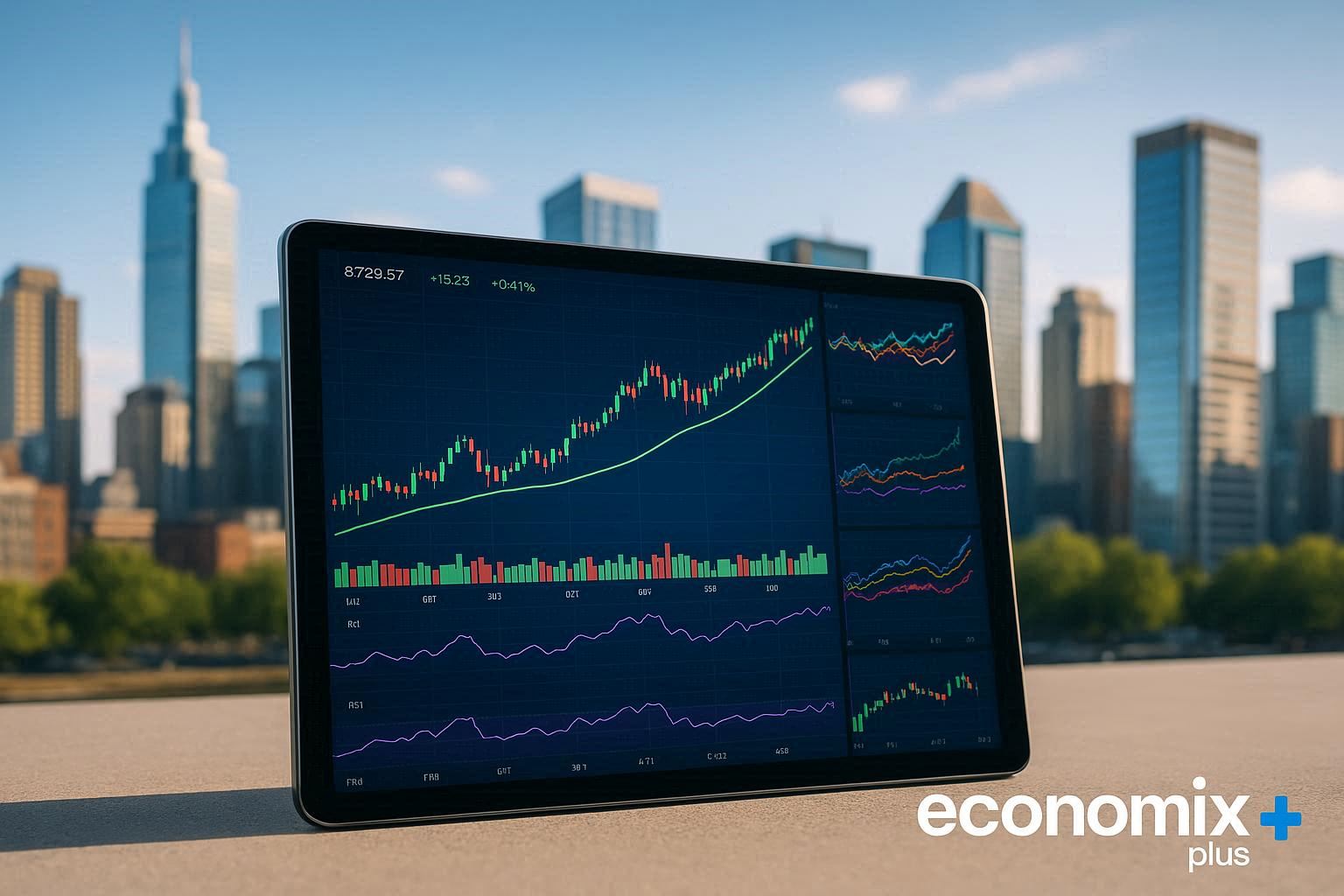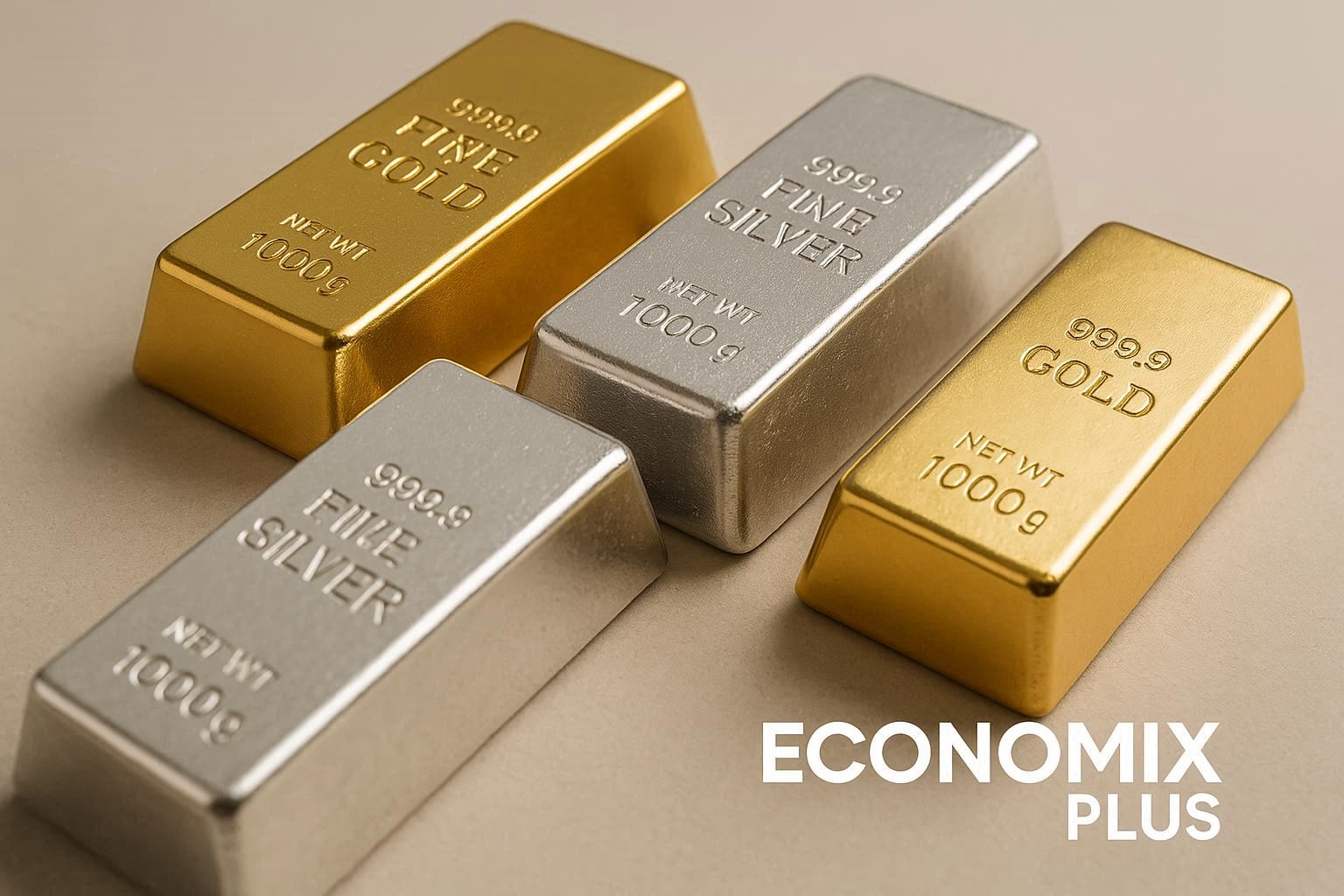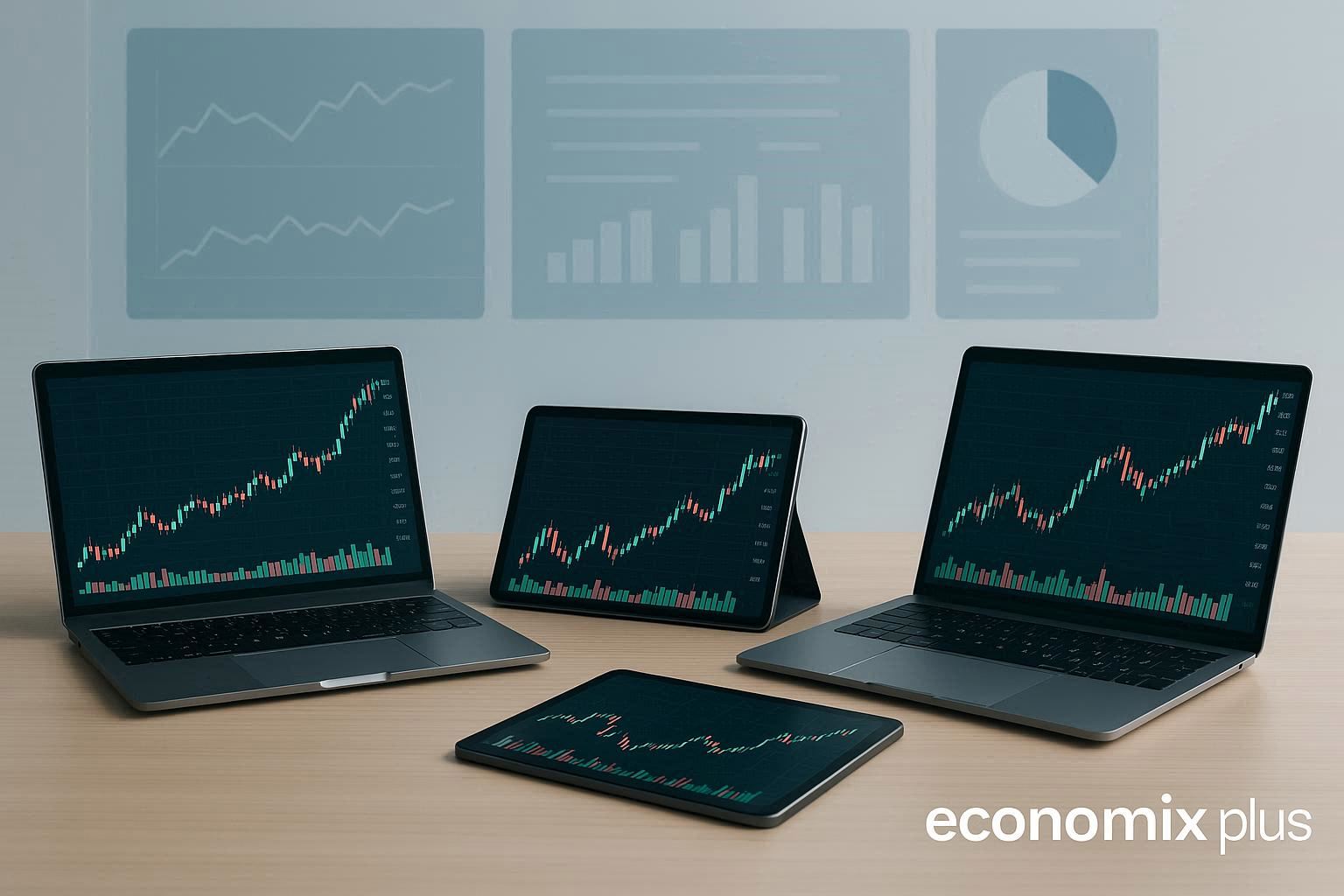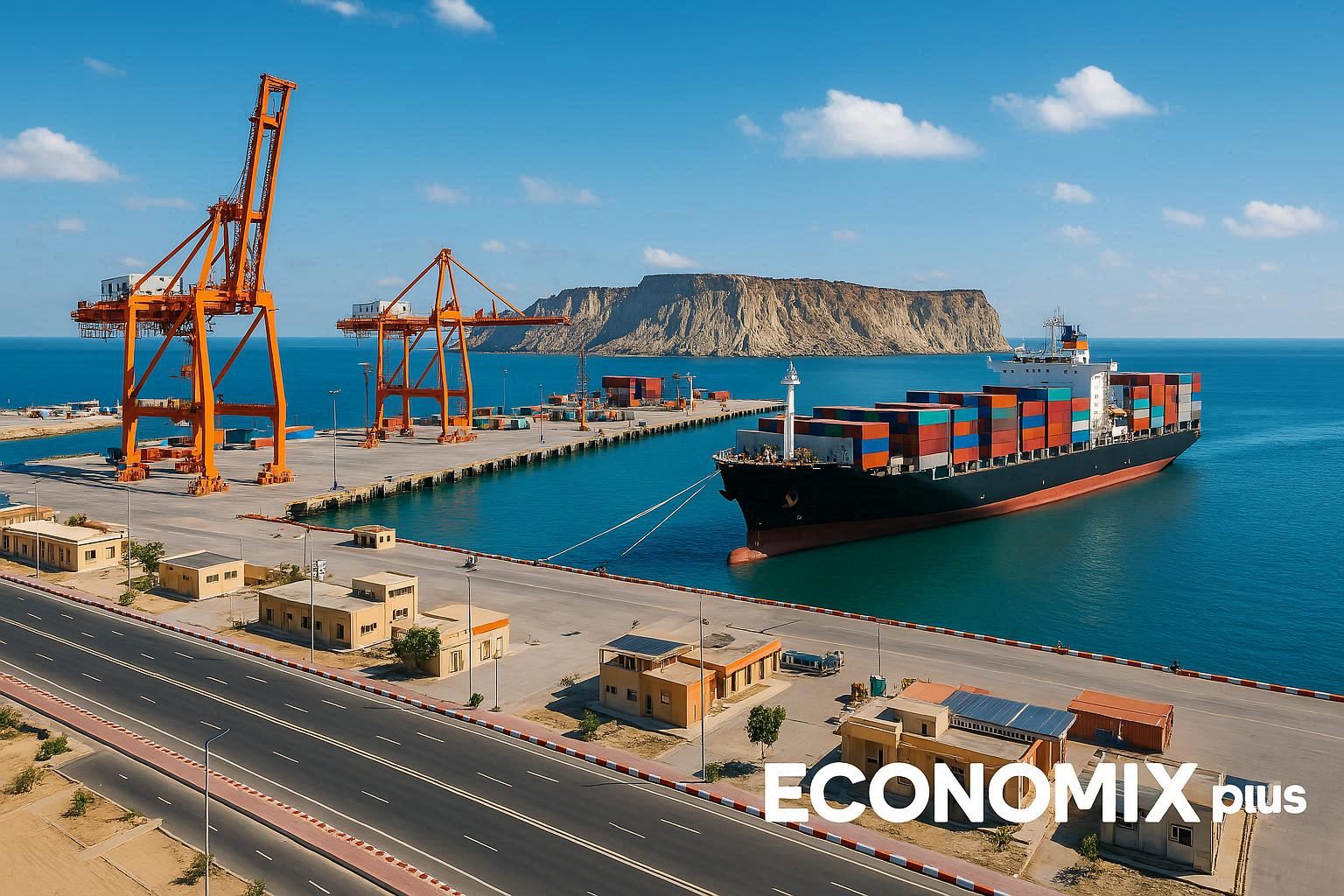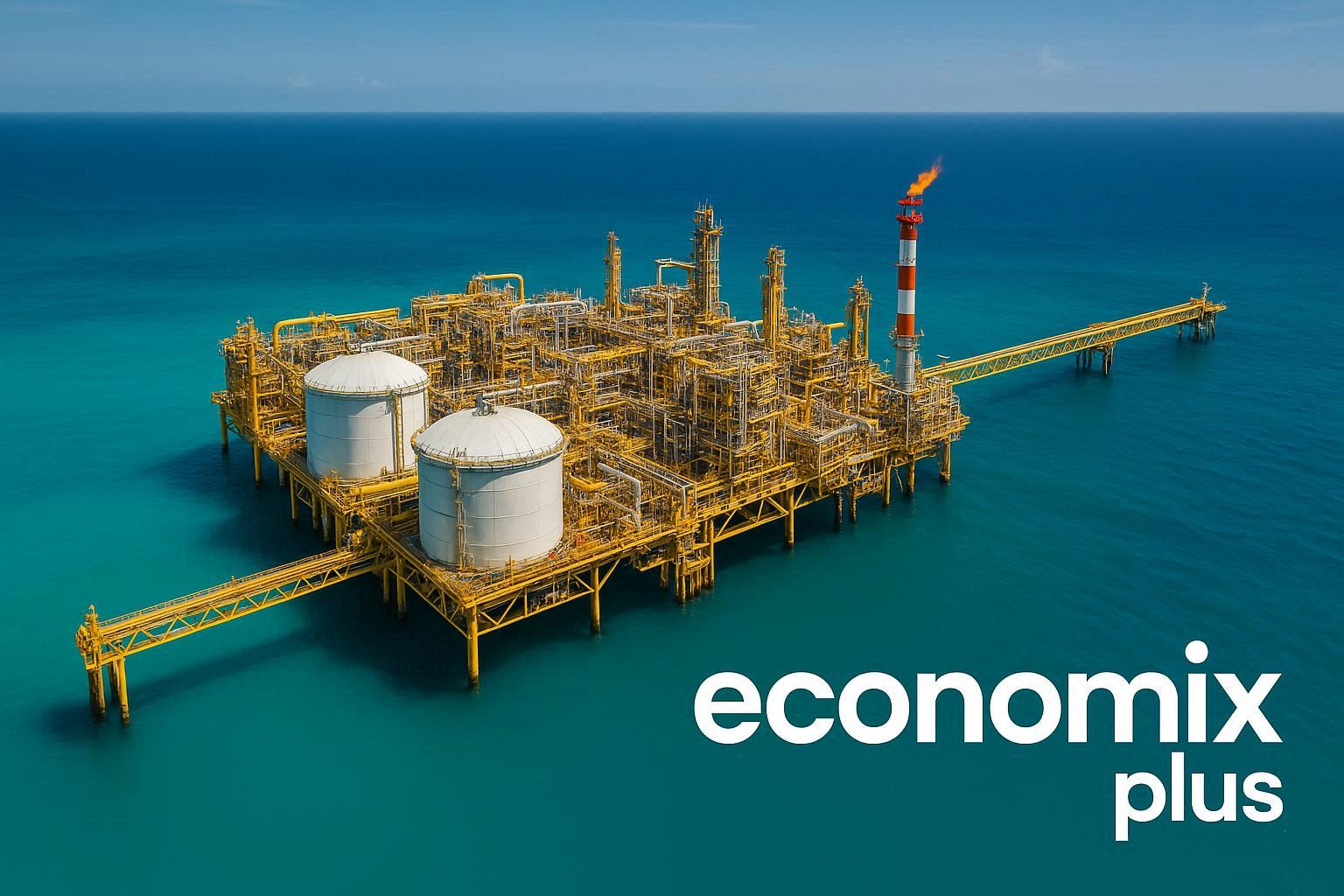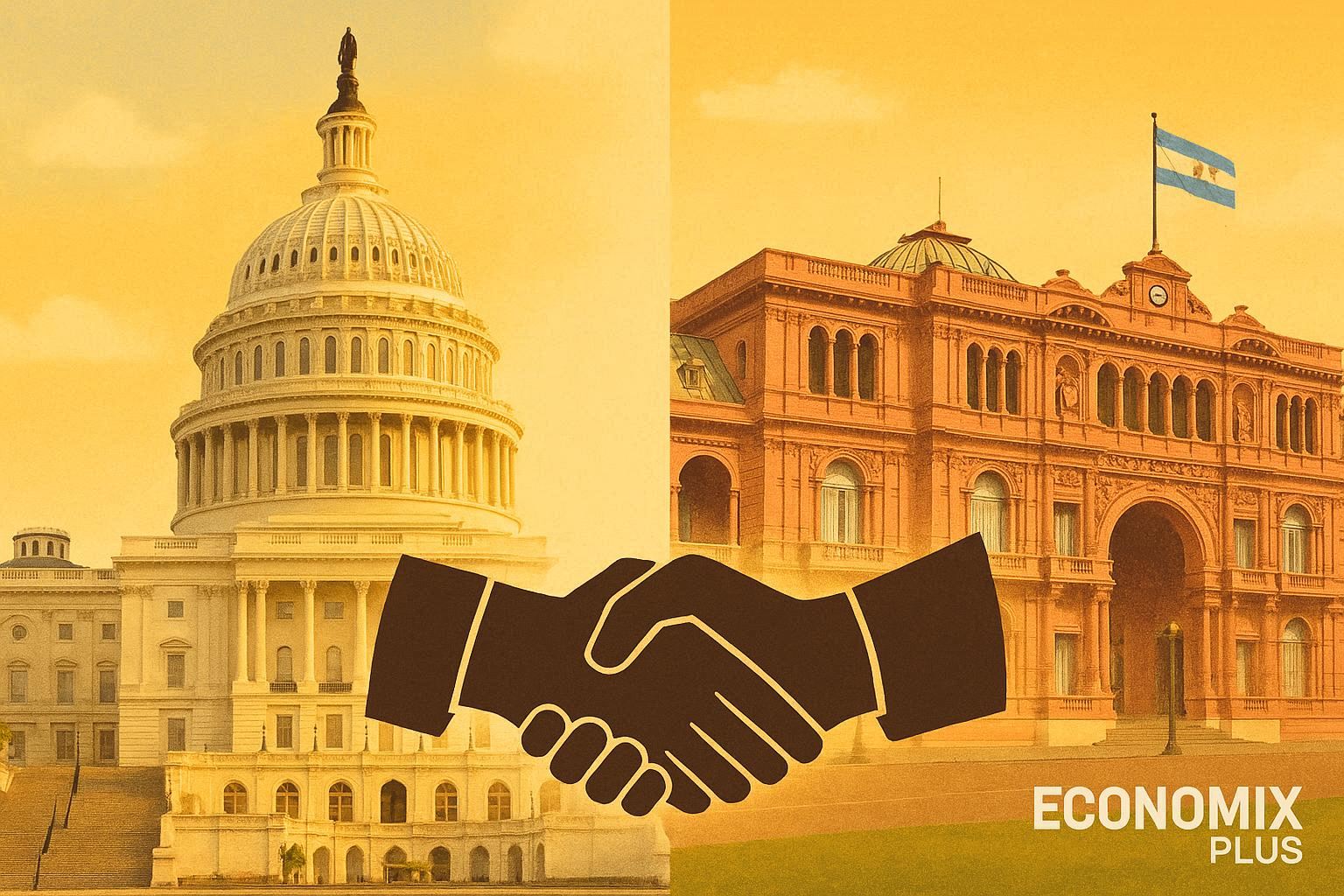Did you know Zakat reduces poverty by 8-12% in Muslim-majority nations? This Islamic practice bridges wealth gaps by redistributing 2.5% of savings annually. It’s a structured system designed to combat systemic inequality and promote social justice.
As the third pillar of Islam, Zakat has Quranic foundations. It’s not just about charity; it’s a wealth purification mechanism. By supporting eight recipient categories, it ensures resources reach those in need. For example, in Kelantan, Malaysia, Zakat contributed to a 60% reduction in poverty.
This ethical financial system offers an alternative to interest-based models. It fosters economic stability while addressing poverty at its roots. Understanding its principles can inspire fairer wealth distribution globally.
Key Takeaways
- Zakat reduces poverty by 8-12% in Muslim-majority nations.
- It redistributes 2.5% of savings to eight recipient categories.
- This practice is rooted in Quranic teachings and Islamic principles.
- It promotes social justice and economic stability.
- Ethical financial systems like Zakat offer alternatives to interest-based models.
What Is Zakat and Why Does It Matter?
Zakat, a cornerstone of Islamic finance, plays a pivotal role in reshaping economies globally. It’s more than a charitable act; it’s a structured system designed to purify wealth and promote social welfare. By redistributing resources, it addresses systemic inequality and fosters economic stability.
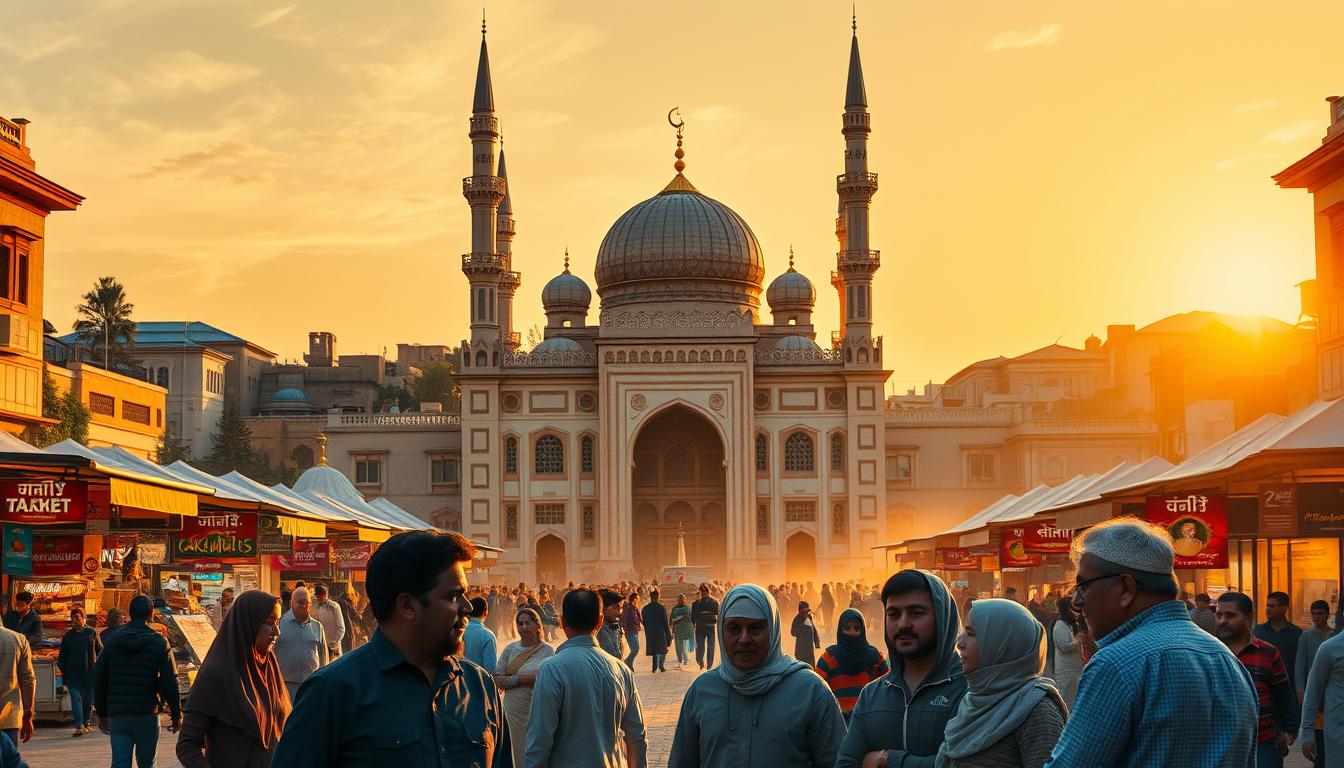
The Definition of Zakat in Islamic Finance
In Islamic finance, Zakat is a mandatory contribution of 2.5% of one’s savings, provided they meet the Nisab threshold (equivalent to 87.48g of gold). Unlike conventional taxation, it’s faith-based, rooted in Quranic teachings. As Quran 9:103 states, it’s tied to spiritual purification and wealth growth.
Zakat as a Pillar of Islam
As one of the five pillars of Islam, Zakat holds immense spiritual and social significance. It’s not just about giving; it’s about fostering community cohesion. A Hadith from Sahih Muslim emphasizes, “Wealth isn’t diminished by charity,” highlighting its enduring benefits.
Why Zakat Is Essential for Ethical Wealth Distribution
Zakat ensures ethical wealth distribution by preventing hoarding, as stated in Quran 59:7. It supports eight recipient categories, from the poor to those in debt. For example, Sudan saw a 30% poverty reduction through Zakat-funded programs, showcasing its economic role zakat in uplifting societies.
- Contrasts with conventional taxation: faith-based vs. state-mandated.
- Promotes social welfare by addressing basic needs.
- Encourages interest-free systems, aligning with Islamic economic principles.
The Principles of Zakat in Wealth Redistribution
Zakat’s structured approach to wealth redistribution has transformed communities worldwide. It ensures resources reach those who need them most, fostering fairness and reducing gaps. This Islamic practice is rooted in principles that promote economic stability and social welfare.
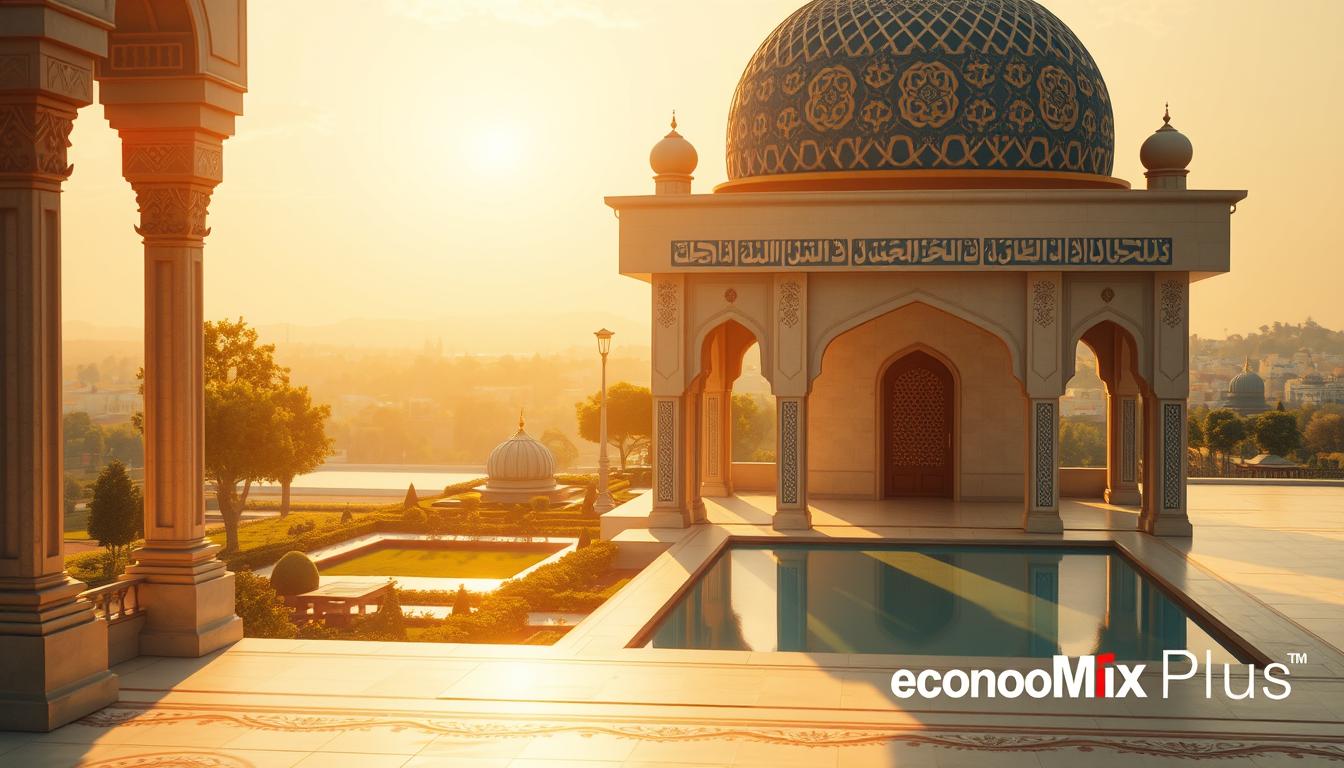
How Zakat Ensures Fairness in Wealth Distribution
Zakat’s system is designed to prevent hoarding and promote equitable distribution. By requiring 2.5% of savings to be given annually, it ensures wealth circulates within society. This approach directly addresses income inequality and supports those in need.
The Eight Categories of Zakat Recipients
Zakat funds are allocated to eight specific groups, ensuring targeted support. These include the poor (Fuqara), the needy (Miskin), and those in debt (Gharimin). For example, in Egypt, 72% of funds target Fuqara and Miskin, directly reducing poverty.
- Fuqara: Those living below the poverty line.
- Miskin: Individuals with limited resources.
- Riqab: People seeking freedom from slavery or oppression.
The Role of Zakat in Reducing Economic Inequality
Zakat plays a critical role zakat in reducing economic inequality. In West Sumatra, the Gini coefficient dropped from 0.38 to 0.32 due to Zakat-funded programs. Additionally, blockchain technology in Selangor ensures transparent and efficient fund distribution.
By supporting small businesses and addressing basic needs, Zakat fosters long-term economic growth. For instance, 15,000 Indonesian SMEs were funded through Zakat, creating jobs and boosting local economies.
Zakat’s Role in Promoting Social Justice
Zakat strengthens communities by fostering fairness and unity. This Islamic practice ensures resources reach those in need, addressing systemic inequality. By redistributing wealth, it creates a more balanced society where everyone has access to basic needs.

How Zakat Bridges the Gap Between Rich and Poor
Zakat builds bridges between diverse economic groups. It requires the wealthy to give 2.5% of their savings annually, directly supporting the less fortunate. For example, the Jogokariyan Mosque program lifted 3,000 families out of poverty, showcasing its effectiveness in addressing the rich poor divide.
Zakat as a Tool for Social Cohesion
This practice fosters social cohesion by encouraging cross-class solidarity. In Malaysia, 89% of recipients report improved social inclusion, while community trust increased by 40%. Saudi donors funding Yemeni water projects further highlight its unifying power.
The Ethical Foundations of Zakat in Islam
Zakat’s ethical framework is rooted in Quranic teachings. As Quran 76:8 states, “Feed the needy,” emphasizing wealth stewardship. Unlike some welfare systems, Zakat operates with 92% efficiency, ensuring resources are used effectively. Mandatory giving also prevents elite capture, promoting fairness.
“Wealth isn’t diminished by charity.” – Sahih Muslim
- Zakat reduces poverty by targeting basic needs.
- It fosters unity by encouraging cross-class support.
- Its ethical principles ensure transparent and fair distribution.
The Economic Impact of Zakat on Society
Zakat’s economic influence extends beyond charity, driving tangible growth and stability in communities. By redistributing wealth, it fosters economic stability and supports economic development. This practice has proven to be a powerful tool for uplifting societies and addressing systemic challenges.

How Zakat Stimulates Economic Growth
Zakat plays a significant role in stimulating economic growth. For every dollar given, it generates up to $3.50 in economic activity. This multiplier effect boosts local economies and creates opportunities for small businesses. In Indonesia, Zakat contributed to a 1% GDP growth, showcasing its potential to drive national progress.
Additionally, Ghana’s Zakat-Waqf model created 12,000 jobs, demonstrating how this practice can transform livelihoods. By funding entrepreneurship and small-scale industries, Zakat ensures sustainable growth and prosperity.
Zakat’s Role in Reducing Poverty
Zakat is a key player in reducing poverty. It provides direct financial support to those in need, addressing immediate challenges. In Egypt, aggregate consumption rose by 7.2% after Zakat implementation, improving living standards for many families.
During the COVID-19 pandemic, Zakat disbursements increased by 22%, highlighting its countercyclical role. This timely support helped vulnerable communities weather economic downturns and maintain financial stability.
The Connection Between Zakat and Financial Stability
Zakat fosters financial stability by offering interest-free financial solutions. Unlike conventional loans, which often lead to defaults, Zakat-funded microloans in Brunei operate at 0% profit, ensuring accessibility for all.
This ethical approach prevents debt traps and promotes responsible financial behavior. By addressing systemic inequalities, Zakat creates a more balanced and resilient economy.
Zakat and Its Contribution to Economic Empowerment
Zakat fuels economic empowerment by supporting small businesses and creating jobs. This Islamic practice goes beyond charity, fostering self-sufficiency and innovation. By funding startups and vocational training, it transforms lives and strengthens local economies.

How Zakat Funds Support Entrepreneurship
Zakat plays a pivotal role in nurturing entrepreneurship. For instance, Lembaga Zakat Selangor has funded 8,000 startups since 2008. These businesses span sectors like agriculture (45%), tech (30%), and services (25%).
Dompet Dhuafa’s fishery projects achieved a 620% return on investment, showcasing Zakat’s potential. Qard Hasan models, offering interest-free loans, boast a 98% repayment rate. This contrasts sharply with microfinance, which often charges 18-30% interest.
Zakat’s Role in Creating Job Opportunities
Zakat generates job opportunities by funding vocational training and small businesses. In Jordan, 74% of trainees secure employment after completing Zakat-funded programs. This approach reduces unemployment and fosters economic stability.
In Selangor, 83% of Zakat-funded entrepreneurs sustain their businesses beyond five years. This success highlights Zakat’s ability to create long-term economic impact.
Case Studies: Zakat’s Impact on Local Economies
Case studies reveal Zakat’s transformative economic role. In Selangor, blockchain technology ensures transparent fund distribution, boosting trust and efficiency. Jordan’s vocational training programs have lifted thousands out of poverty.
These examples demonstrate how Zakat fosters sustainable growth, empowering individuals and communities alike.
Zakat’s Role in Alleviating Poverty
Zakat has proven to be a powerful tool in combating poverty across diverse communities. By providing direct financial support to those in need, it addresses immediate challenges while fostering sustainable growth. This Islamic practice ensures resources reach the most vulnerable, creating a ripple effect of positive change.
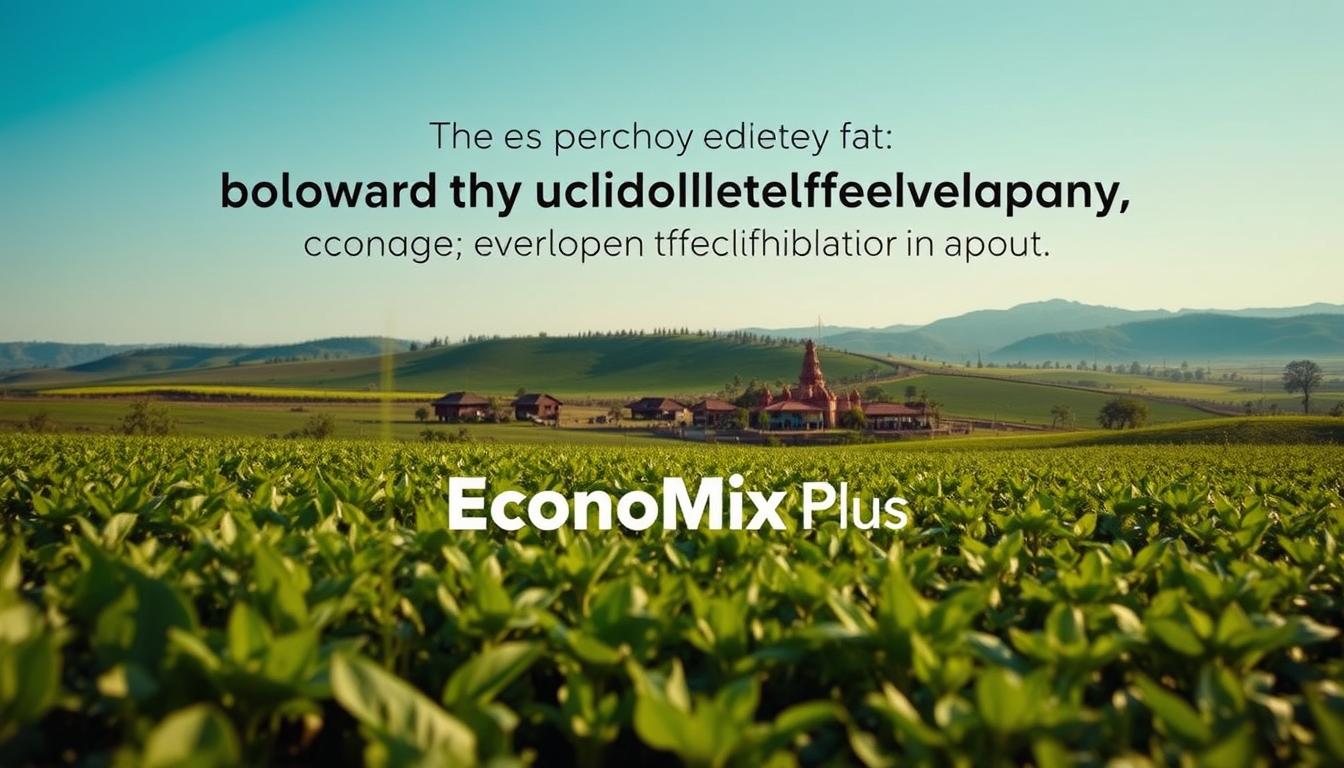
How Zakat Provides Financial Support to the Needy
Zakat funds are distributed to eight specific groups, including the poor and those in debt. For instance, Sudan reduced extreme poverty from 32% to 19% through Zakat programs. Similarly, Kelantan’s poverty rate dropped by 18% in just five years. These results highlight the immediate impact of Zakat in addressing financial support needs.
The Long-Term Effects of Zakat on Poverty Reduction
Zakat’s long-term effects are equally transformative. Graduation programs, which provide three-year support cycles, ensure sustained exits from poverty. In Pakistan, the Akhuwat model has benefited 4.7 million people through interest-free loans. Such initiatives empower individuals to break the cycle of poverty permanently.
Examples of Zakat’s Success in Poverty Alleviation
Several examples showcase Zakat’s effectiveness. In Egypt, 120,000 free surgeries are funded annually, improving healthcare access. Regional comparisons reveal a stark contrast: areas with active Zakat programs report 23% poverty rates, compared to 41% in non-Zakat regions. Even critiques acknowledge Zakat’s efficiency, with leakage rates at 14%, far lower than government programs at 31%.
- Sudan: Extreme poverty reduced from 32% to 19%.
- Kelantan: Poverty rate dropped by 18% in five years.
- Pakistan’s Akhuwat model: 4.7 million beneficiaries.
- Egypt: 120,000 free surgeries annually.
- Leakage rates: 14% for Zakat vs. 31% for government programs.
Zakat and Its Impact on Social Welfare
Zakat transforms lives by addressing critical social needs. It ensures access to basic needs like food, shelter, and healthcare. By funding education and other essential services, it uplifts communities and fosters social welfare.
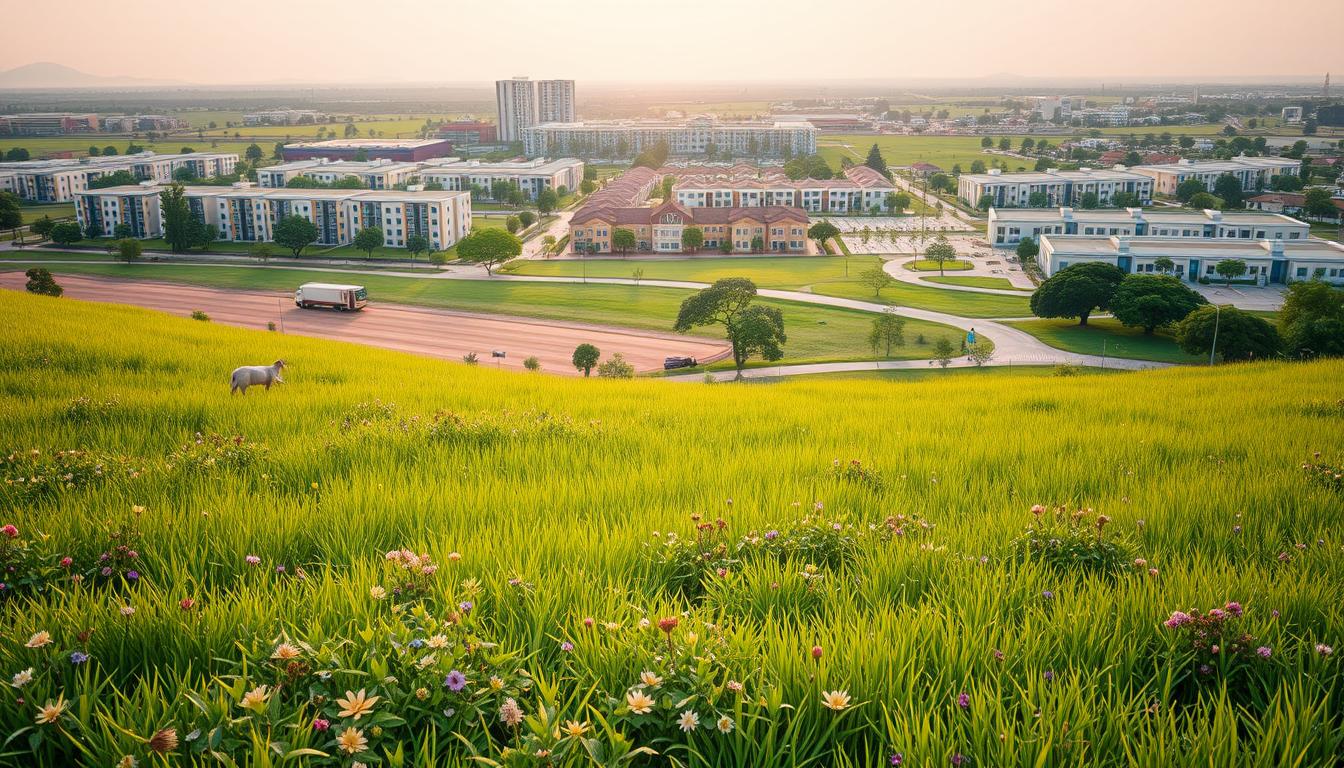
How Zakat Funds Improve Access to Basic Needs
Zakat directly supports those struggling to meet their basic needs. In Sudan, Zakat programs reduced extreme poverty by 13%. Similarly, Kelantan’s initiatives provided housing for 12,000 families. These efforts ensure everyone has access to essentials.
Waqf-Zakat hybrids fund hospitals and clinics, offering perpetual support. For example, Jordan’s Zakat-funded counseling centers address mental health, improving overall quality life.
Zakat’s Role in Supporting Education and Healthcare
Education is a key focus of Zakat. In Johor, 78% of funds target schools and scholarships. Indonesia’s BAZNAS built 214 schools in 2022, benefiting 1.2 million students globally. Qatar’s Education City is 40% funded by Zakat endowments.
Healthcare initiatives are equally impactful. Zakat-funded clinics provide free services to underserved communities. In Egypt, 120,000 free surgeries are performed annually, ensuring access to critical care.
The Broader Social Benefits of Zakat
Zakat’s impact extends beyond immediate needs. It fosters community cohesion and reduces inequality. For instance, Malaysia’s Zakat programs improved social inclusion for 89% of recipients.
Contrasting with conventional systems, Zakat offers 0% scholarships, unlike the $1.7 trillion US student debt crisis. This ethical approach ensures education remains accessible to all.
| Region | Zakat-Funded Programs | Impact |
|---|---|---|
| Sudan | Poverty Reduction | 13% drop in extreme poverty |
| Indonesia | Education | 214 schools built, 1.2M students sponsored |
| Jordan | Healthcare | Mental health counseling centers |
| Qatar | Education City | 40% funded by Zakat endowments |
Challenges in Implementing Zakat Effectively
Despite its benefits, Zakat encounters significant hurdles in practice. These challenges can limit its ability to achieve effective implementation and maximize its impact on communities. Addressing these issues is crucial for ensuring Zakat fulfills its potential as a tool for social and economic upliftment.
Common Obstacles in Zakat Collection and Distribution
One major issue is the gap between potential and actual Zakat collection. In OIC nations, 35% of potential Zakat remains uncollected. This translates to a significant loss of resources that could address poverty and inequality. Trust in institutions is another barrier, with 43% of people expressing distrust in Zakat organizations.
Additionally, inefficient distribution systems can delay aid. For example, traditional methods often lead to delays, reducing the immediate impact of Zakat funds. Addressing these obstacles requires innovative solutions and systemic reforms.
How to Improve Zakat Management Systems
Modern technology offers promising solutions. AI-driven wealth assessment tools can enhance accuracy in determining Zakat obligations. Blockchain technology, as seen in Kedah, Malaysia, reduced processing time by 68%. These advancements ensure funds reach recipients faster and more efficiently.
Digital platforms also boost compliance. Brunei’s digital Zakat system increased compliance by 27%, showcasing the potential of tech-driven management systems. Adopting global standards, like AAOIFI’s Zakat guidelines, can further streamline processes and build trust.
The Importance of Transparency in Zakat Practices
Transparency is key to overcoming distrust and ensuring Zakat’s success. Clear reporting on fund allocation builds confidence among donors and recipients. Case studies show that transparent systems, like Selangor’s blockchain ledger, enhance efficiency and accountability.
Advocating for global standards can also address inconsistencies in Zakat practices. By fostering transparency, organizations can ensure resources are used effectively and ethically.
| Challenge | Solution | Impact |
|---|---|---|
| Uncollected Zakat | AI-driven wealth assessment | Increased accuracy and compliance |
| Trust issues | Blockchain technology | Enhanced transparency and efficiency |
| Inefficient distribution | Digital platforms | Faster fund disbursement |
Conclusion: The Transformative Power of Zakat
By embracing Zakat, communities can unlock its transformative power to foster social justice and economic stability. Projections suggest it could end extreme poverty in 20 Muslim-majority nations by 2035. Annually, it lifts 60 million people out of poverty, showcasing its immense potential.
Tech adoption is crucial for maximizing its impact. Apps have increased youth participation by 300%, making Zakat more accessible. Cross-border Zakat pools, like ASEAN’s $7B collective fund, demonstrate how collaboration can amplify its reach.
As Prophet Muhammad said, “The believer’s shade on Judgment Day is their charity.” This highlights the spiritual and ethical foundation of Zakat. Every $1 given generates $9 in social return, proving its efficiency in poverty alleviation and ethical distribution.
FAQ
▶
▶
▶
▶
▶
▶
▶
▶
▶
▶

